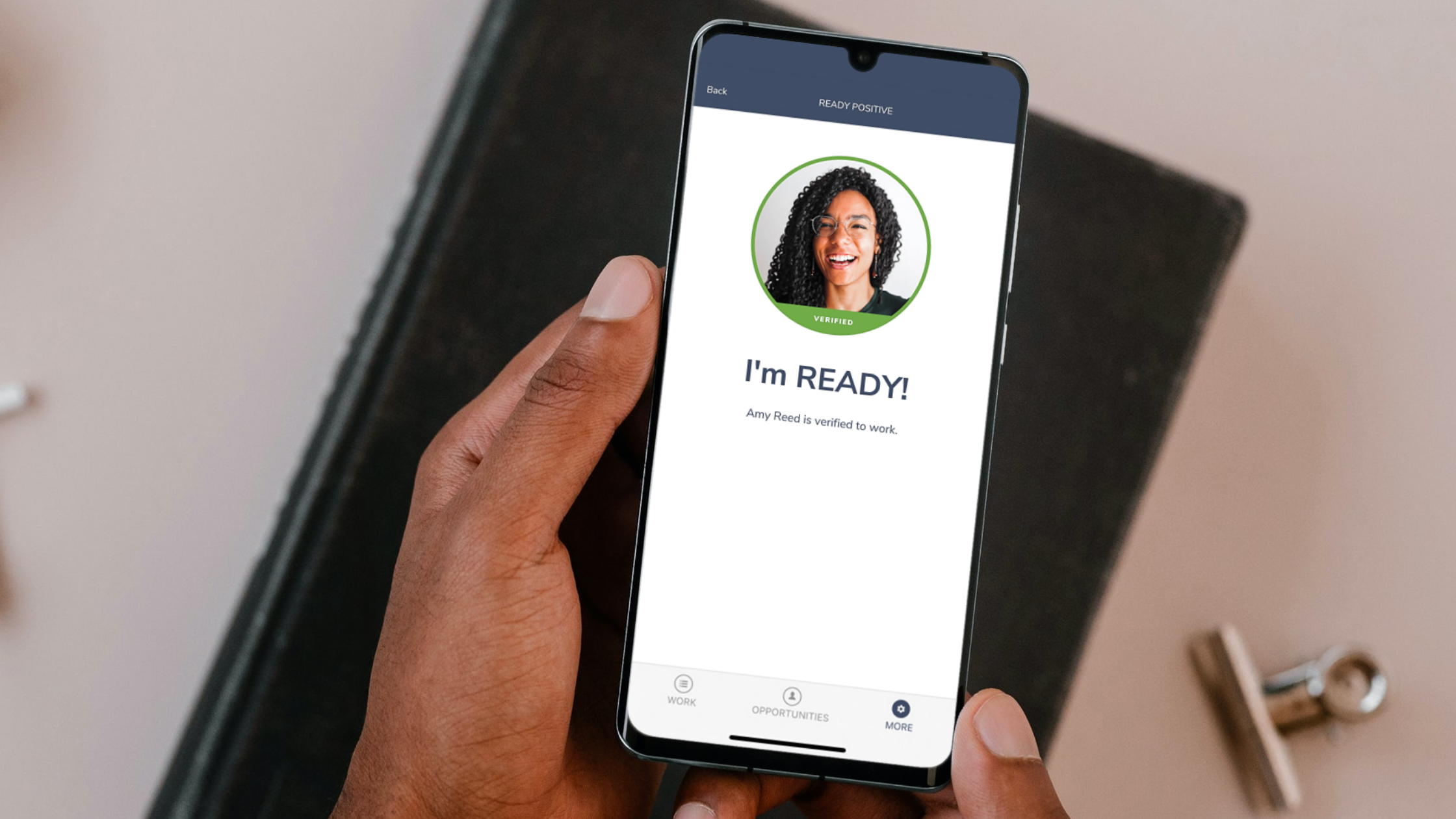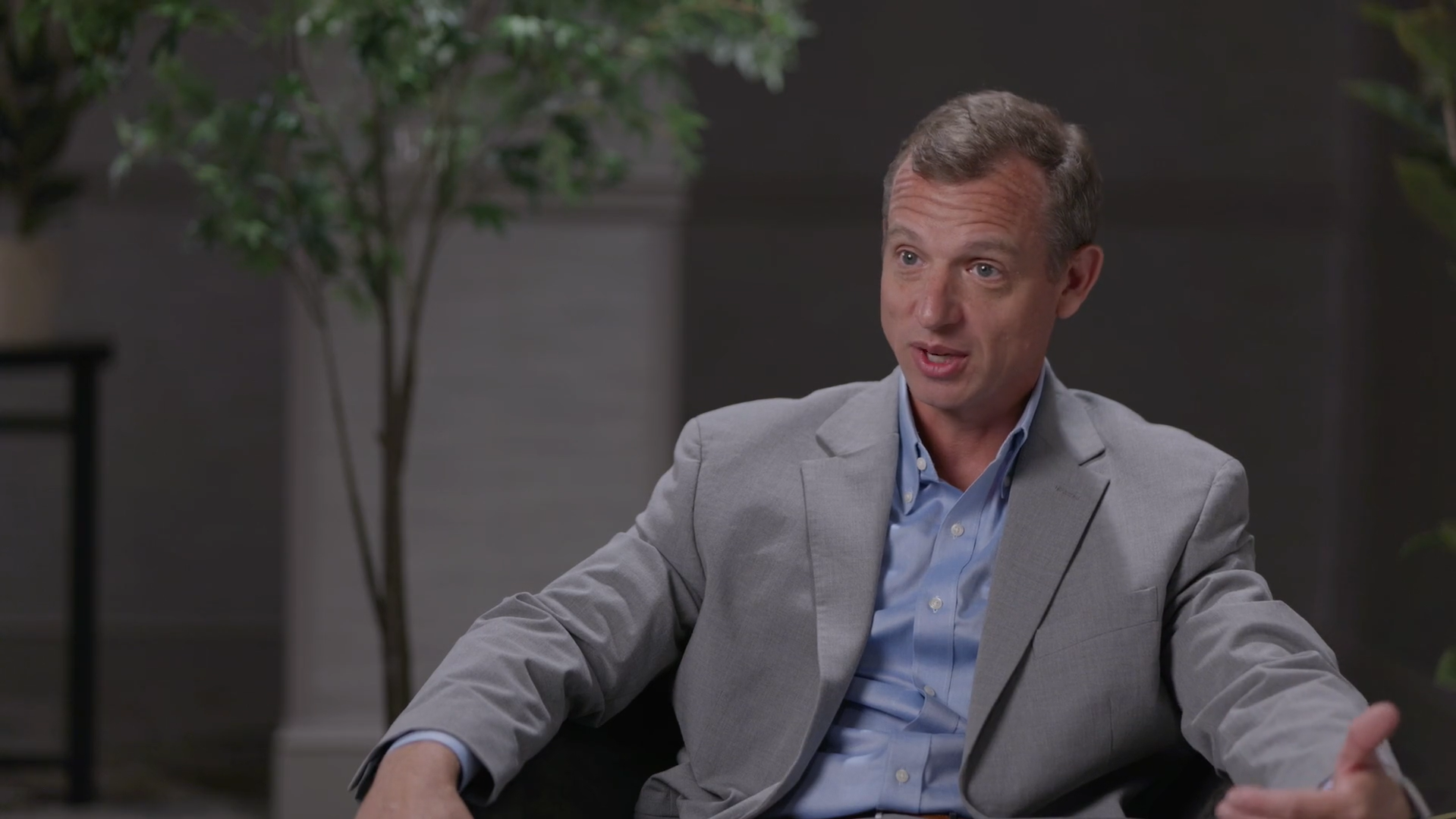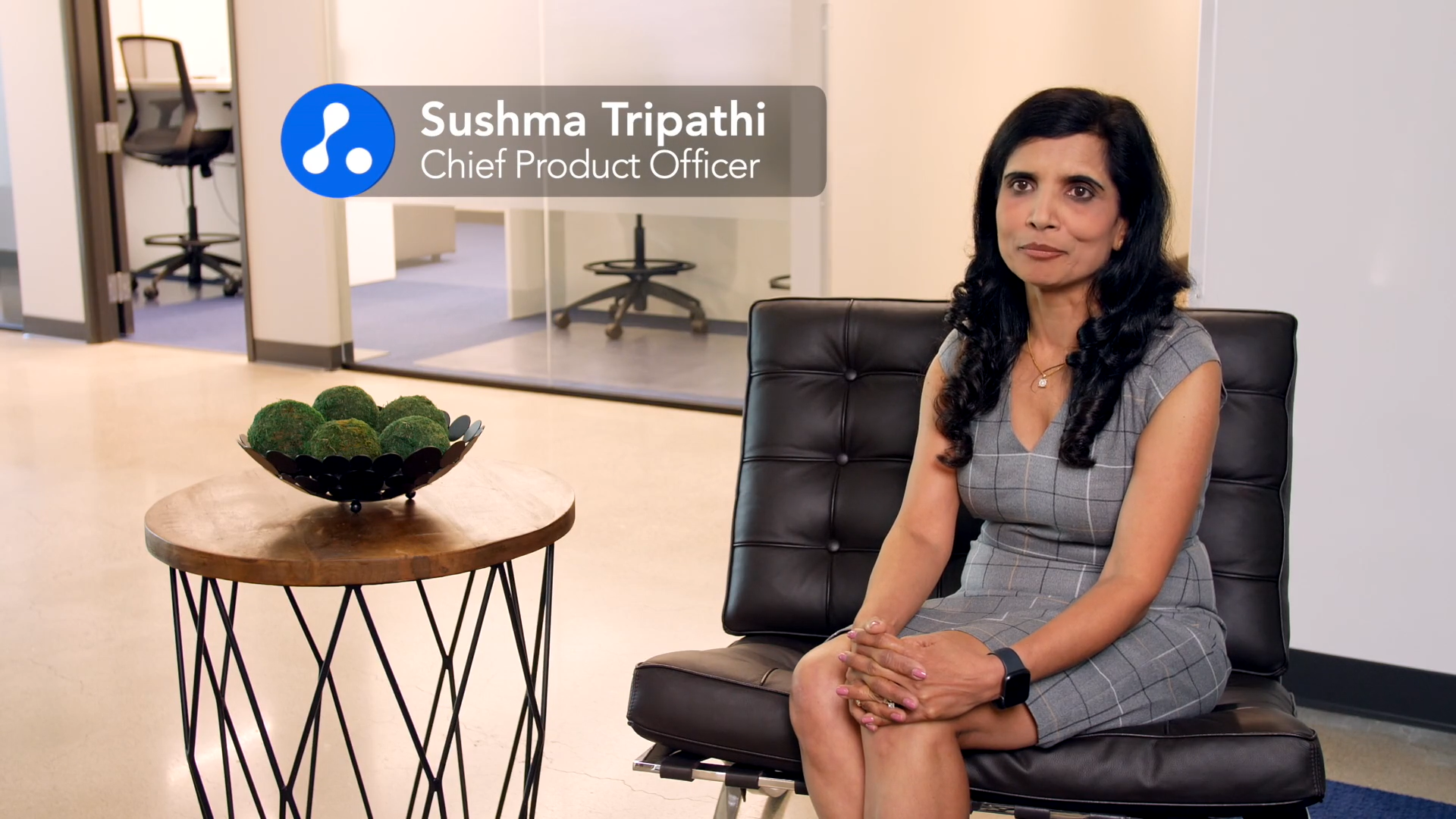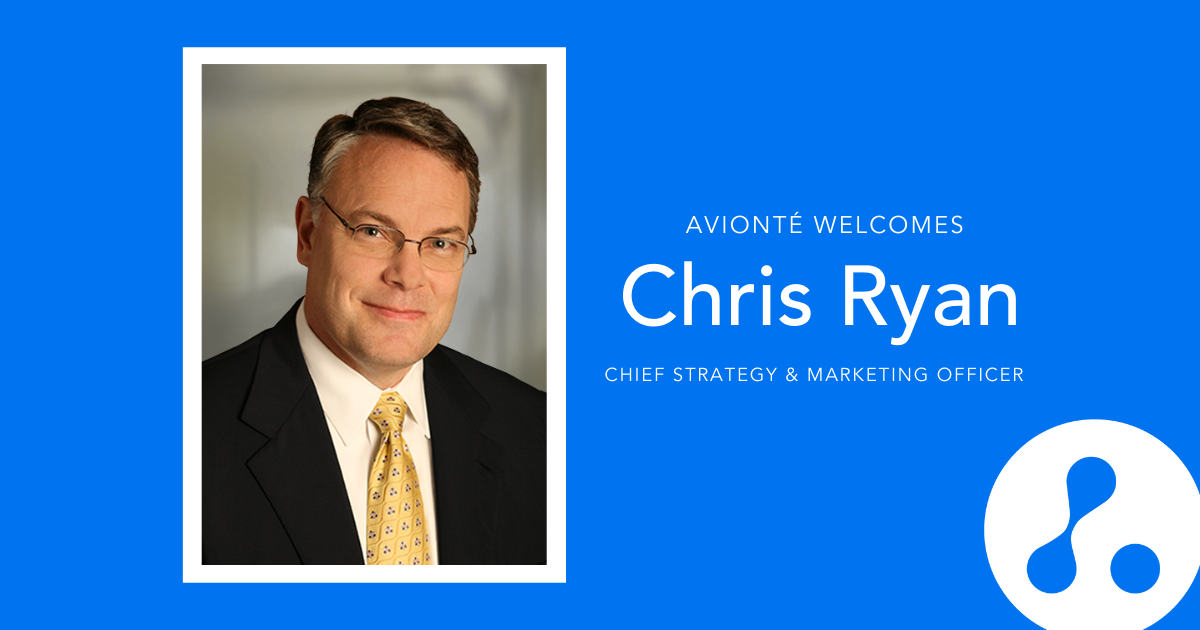By Christopher Ryan, Chief Strategy & Marketing Officer, Avionté
On January 13, 2022, the U.S. Supreme Court issued a stay on the OSHA Emergency Temporary Statute (ETS) standard, pending a final ruling, which is likely to overturn the ETS vaccine or test regulation. That regulation would have required all staffing firms with more than 100 employees to comply with OSHA specified COVID vaccine status tracking policies.
While we will let politicians, pundits, and legal experts debate the merits of the case, which even now is not fully settled, we wanted to highlight and address the real question that matters most to our customers: What does the Supreme Court decision mean for your business? A recent headline in the Washington Post sums the problem up succinctly: “Employers face patchwork of state policies on worker vaccination after Supreme Court order.” The Supreme Court did not prohibit COVID tracking, vaccination, and testing requirements for employment. It simply signaled that the OSHA ETS may be an overreach of the congressional authority given to OSHA. There was a lot, however, that, from a business perspective, the Supreme Court’s decisions left in place, such as the following:
- The Supreme Court upheld the right of the federal government to require all employers who receive Medicaid and/or Medicare reimbursements to impose a vaccination requirement on their healthcare workers. For roughly 20 million workers in the healthcare field, as well as staffing agencies supporting healthcare, vaccine verification and tracking remain in place. This was done through The Supreme Court’s ruling upholding the OSHA CMS vaccine mandate.
- The federal government also retains the right to impose COVID vaccination/tracking policies as a condition of business with Federal Contractors in many jurisdictions, albeit with pending court challenges.
- Individual states may permit or require their employers to enforce COVID vaccination and tracking policies. To date, 28 states have laws prohibiting vaccination and/or testing as a condition for employment, but 22 other states (which includes over 47% of the U.S. population) do not. For example, the state of Illinois recently passed a law requiring COVID tracking, consistent with regulations promulgated by OSHA while the state of Montana passed a law prohibiting employers from requiring vaccines as a condition of employment. As you can see, there are various and inconsistent state laws governing employee vaccination status.
- Many large multi-state employers have already implemented COVID vaccination tracking and testing policies in compliance with the OSHA ETS, and many of them are likely to keep these policies in force in states where they are permitted to do so, in order to reduce legal liability.
So where does this leave staffing agencies? When you add all these considerations together, we think that most staffing companies will still need some form of COVID tracking to service at least a portion of their clients. If you operate within a single state and place workers outdoors, you may never need to think about COVID tracking again. Conversely, if you operate a specialty healthcare staffing firm, you may be required to enforce a COVID vaccination and/or tracking policy for 100% of your workers.
Most staffing companies, however, operate in a grey area between these two extremes, e.g., they employ across multiple states, serve a diverse pool of employers and/or industries, employ individuals who work indoors, outdoors, and remotely, etc. Regardless, chances are, some form of COVID tracking will be necessary to properly support some of your clients. For example, while the small logistics firm down the street may not require tracking, the large auto plant across the river does. The Supreme Court’s ruling doesn’t mean that COVID tracking went away; it just means that you will be implementing COVID tracking on a case-by-case basis, sometimes with customized workflows to meet the unique needs of your clients. But this is nothing new, as staffing companies have always competed through flexibility and service.
Avionté’s view has been that some form of COVID tracking would be required for many employers—with or without federal mandates. For that reason, we designed Avionté 24/7 READY to allow staffing agencies to create and implement unique COVID policies to serve the specific needs of individual clients, worksite by worksite. If your client operates worksites in both Indiana and Illinois, you may need two separate approaches for COVID tracking. Our 24/7 READY product supports multiple policies simultaneously in the following ways:
- Each client worksite can have a unique COVID policy, and these policies can be updated as needed.
- Employees can check their policy compliance in advance of an assignment and prove compliance directly through their smartphone.
- All employee COVID-tracking records are kept within AviontéBOLD as part of a permanent, auditable system of record.
- Mobile enablement and self-service minimize the administrative burden to employees, recruiters, and administrators.
- Staffing firms have the option to verify employee submissions internally, or through third party verification. Certain costs associated with verification can also be tracked and billed to the employer as needed.
To the best of our knowledge, no other COVID tracking and verification tool offers this unique flexibility. Avionté remains committed to rolling out 24/7 READY to our clients who need or want COVID tracking support. If you have any questions regarding the features or pricing of Avionté 24/7 READY, I encourage you to reach out to your Account Manager.
Beyond vaccine status tracking, however, Avionté 24/7 READY signals the future of staffing automation. There are real advantages to consolidating the entire staffing tech stack around a single mobile application. The combination of AviontéBOLD and WorkN mobile technology made it possible to bring 24/7 READY to market in less than 12 weeks. Imagine a mobile application that unifies all talent facing interactions—applications, on-boarding, scheduling, check-ins, referrals, time keeping, and pay in one place. With a single 24/7 smartlink text, a recruiter will be able to initiate a self-service workflow to an applicant’s mobile phone to support any conceivable workflow including all transactional paperwork. And that workflow can be customized to meet the unique needs of client. Stay tuned for additional product announcements on the 24/7 Mobile platform. I am very excited about the future of staffing.
About the Author
Christopher Ryan leads the Strategy and Marketing functions for Avionté. He brings more than three decades of consulting, thought leadership, and corporate experience in Human Capital Management. Chris has extensive experience speaking on a broad range of HCM topics, including HR Strategy, Regulatory Risk, and HR Technology. His key areas of focus include U.S. Labor Trends, employment practices, and workforce management.
Learn More
Christopher RyanChief Strategy & Marketing Officer








